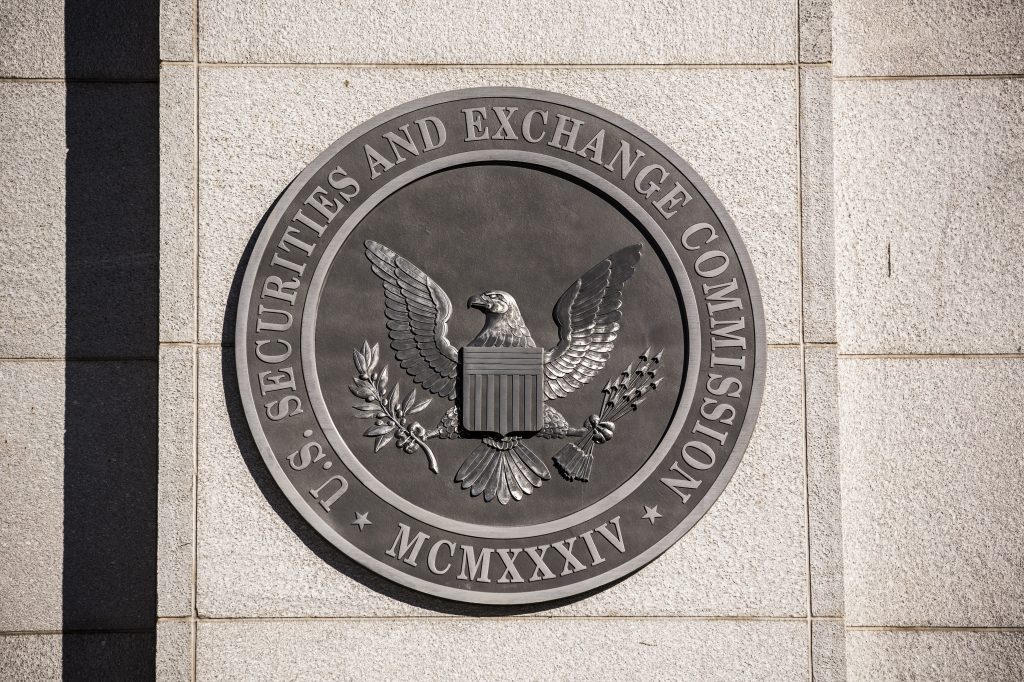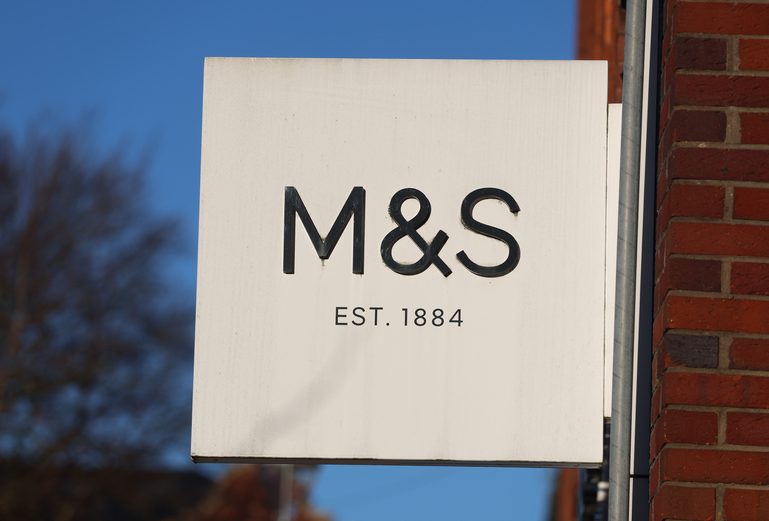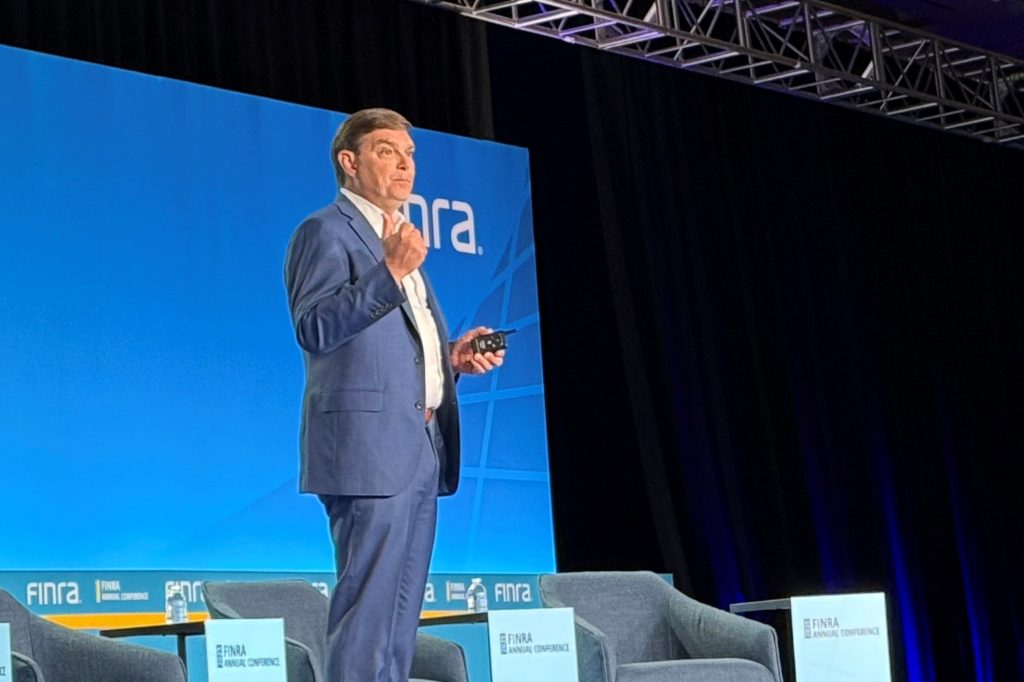In a case that offers fascinating insight into the world of online advertising the FTC alleges that Evoke Wellness LLC (Evoke) “tricked consumers into contacting Evoke’s call center” by posting deceptive search ads.
The FTC cites an unnamed industry study that indicates that over 85% of those seeking addiction treatment utilize Google to search for it.
Evoke allegedly utilized Google’s advertising platform (Google Ads) to select and bid on the names of other clinics as search keywords. Bidding on and securing these keywords meant that the Evoke ads were much more likely to appear prominently as sponsored ads in the search results of users.
It then “instructed Google to insert the names of those other clinics into the headline text of Evoke’s ads.” The name of the relevant clinic appeared prominently in the headline of the resulting ad along with a message urging readers to call the number listed in the ad. So what appeared to be a link to the specific substance abuse disorder treatment clinic searched for by the user in fact led to Evoke’s call center.
The only clue that the ad was not connected with the named clinic was a small print URL included at the top of the advert.
Deceptive impression
According to the FTC complaint, Evoke generated at least 68,510 of such search ads between 2021 and 2023. And the company apparently did not stop there.
The FTC alleges that when greeting callers the Evoke telemarketers reinforced “the deceptive impression created by the dynamic keyword insertion ad campaign” by:
- not telling callers that they had reached Evoke;
- introducing themselves to callers through generic statements; and
- routinely continuing the deception even when asked by the caller whether they had reached the searched-for clinic.
The telemarketers would try to maintain the deception as long as possible or at least until they had qualified the caller’s potential ability to pay for Evoke’s treatment programs.
The FTC contends that the goal of the entire scheme was to “divert callers who are searching for other clinics into Evoke’s treatment centers.”
Samuel Levine, Director of the FTC Bureau of Consumer Protection, declared that “[p]reying on consumers suffering from addiction and other substance use disorders is wrong, and it’s illegal” and that the “use of deceptive online ads to trick consumers into selecting one clinic over another is unacceptable.” According to Levine, the FTC “will continue taking action against, clinics, marketers, and others in this space, as well as their executives, when they break the law.”













